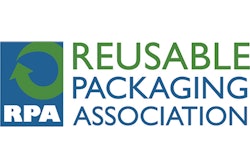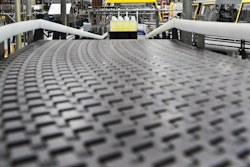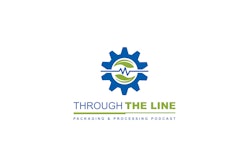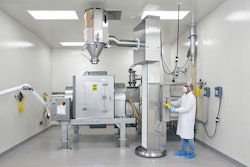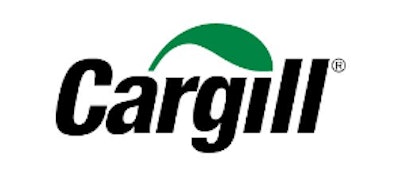
Over the past year, Cargill has established a science-based commitment to reduce supply chain emissions by 30% by 2030, which reinforces the company’s support of the Paris Climate Commitment. Highlights of its supply chain-specific progress to date include:
- The use of barcoded cocoa bags and digital cooperative management systems that allows 50% of sustainable cocoa beans in the global direct supply chain to now be traceable from farm-to-factory. GPS Polygon mapping of 72% of all farmers in the direct supply chain is identifying where the cocoa comes from, which areas may be at risk of deforestation, and how to mitigate this risk through specific interventions.
- CO2 emissions are being reduced through the operation of a more energy-efficient ocean fleet and retrofitting energy-saving devices onboard some of its vessels. Over the last two years, the company has reduced its aggregated gross CO2 emissions by approximately 800,000 metric tons.
- Significant steps are being taken to eliminate deforestation in all commercial palm concessions in its third-party supply chain by the end of 2020. So far, Cargill has achieved 93% traceability to mills and 48% to plantations.
- The mapping of Cargill's Brazil supply chain with georeferenced single points has been completed, accelerating its efforts to increase traceability, with the objective of building deforestation-free supply chains.
Companies in this article


